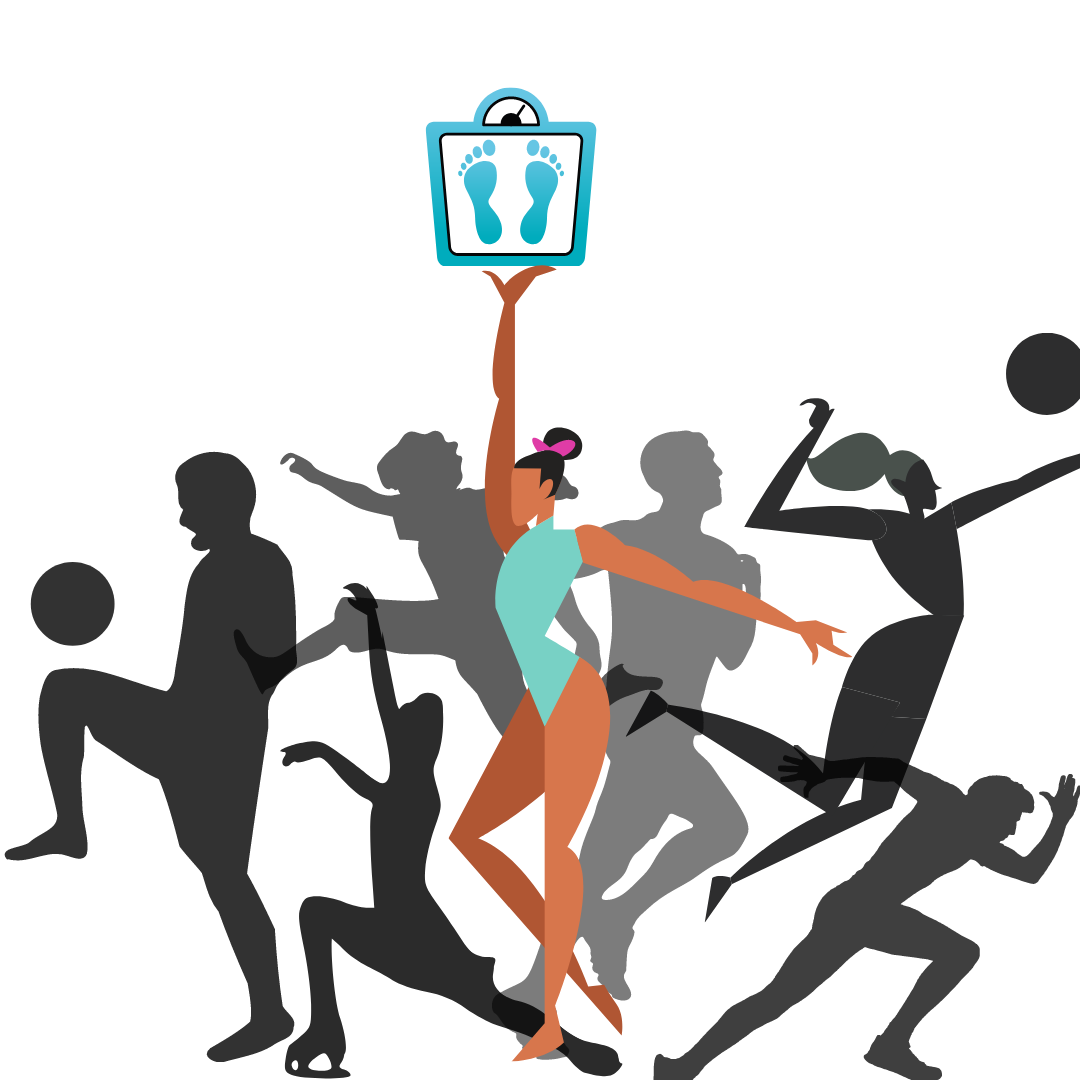Jayden Kollmann, a junior and one of the only female athletes on Carlmont’s coed wrestling team, has her own story to tell regarding appearance, motivation, and support.
Kollmann started wrestling during freshman year after quitting soccer and decided that she wanted to try something different.
“I immediately fell in love with the sport. It’s a great sport to get all of your emotions out. It is also coed (and) there’s a lot of different aspects to it,” Kollmann said. “You learn a lot, including discipline, which makes you stronger.”
However, she started off the sport with the wrong idea and immediately focused on how weight-oriented the sport was. However, this was simply the message that she was receiving from the sporting industry.
“My only knowledge of wrestling was from Instagram, Tik Tok, and what my friends had heard about wrestlers, so in my head, I thought that my weight was everything,” Kollmann said.
She soon developed bulimia due to the nature of wrestling tournaments, which group athletes in specific weight classes. She started to focus on these weight classes with the chance that a lighter weight could give her a much more significant advantage.
“In my head, I thought, ‘you have to make that weight’ because if you wrestle someone lighter, you’re going to have an advantage. Even five pounds makes such a difference,” Kollmann said.
However, she realized that she was running out of energy to do basic activities, let alone wrestle. Her hair started to thin out, and she began to see the negative impacts on the mental health of her parents. As her parents and friends began raising concerns about her disorder, Kollmann reached out to her coaches, who gave her the real meaning of wrestling.
“I think you have to realize that in any sport, your coach’s goal is that you’re healthy. That’s all they want. They don’t care about weight, and I didn’t realize that,” Kollmann said. “My coach explained that he was focusing on if I was healthy and if I was able to participate, not if I had to lose five pounds to make a certain class.”
She soon developed a close relationship with her wrestling coaches, Joe Patane and Ricardo Garcia. They made it clear that all he wanted for Kollmann was for her to be healthy, happy, and able to wrestle. Patane and Garcia emphasized the need to eat to keep their athletes’ bodies fueled.
“
My coach explained that he was focusing on if I was healthy and if I was able to participate, not if I had to lose five pounds to make a certain class.
— Jayden Kollmann
With the help of nutritionists, Kollmann was able to recover and continue her career in wrestling. She now understood the importance of keeping her body fueled and emphasized that her support system was what got her through this difficult time.
“Coach Patane and Coach Garcia were always so supportive, always making sure that everyone on the team is healthy. And then, of course, my nutritionist, my mom, friends, and family all check on me to make sure I’m doing well,” Kollmann said.
The support system that Kollmann describes is further expanded by Campbell, as she explains how it is important not to criticize but rather to be someone who speaks up and checks in when they see something wrong.
“Tell them, ‘I’m concerned when I don’t see you eat enough food for energy. I would love to help you see a professional for help.’ Then, be mindful of how you talk about food and body shapes. Set a good example and encourage healthy mealtimes together for fun,” Campbell said.
She emphasizes how important it is to prioritize health over sporting success. Kollmann claims that “food is fuel” and is a necessity to have the energy to thrive in any physical activity.
Similarly, Campbell finds that a large support group of family, doctors, community, and nutritionists is the best way to combat an eating disorder. She understands the nutritional value needed to succeed in that field.
“A career in the field is not possible if the nutritional needs are not met, so we discuss the nutritional needs of an athlete starting with getting enough protein to not only survive but thrive,” Campbell said.
With a robust support system and awareness of the food needed to stay healthy, athletes can continue practicing their sport and showing love for their game in a healthy and controlled manner.
“Health always comes first, and I feel like that’s the best thing my coaches have told me. It doesn’t matter if I make my weight class or not; what matters is my health. I’m a wrestler, no matter what,” Kollmann said.




Brinda A • Oct 31, 2021 at 3:20 pm
I’m an EiC on the PWest Pathfinder and was on your site to look at your guest article policy since we might be adopting one of our own. I found this article and it is so well done (the writing, the infographics, the feat illustration, all of it)! Kudos to you and the staff, and Jayden for sharing her story.